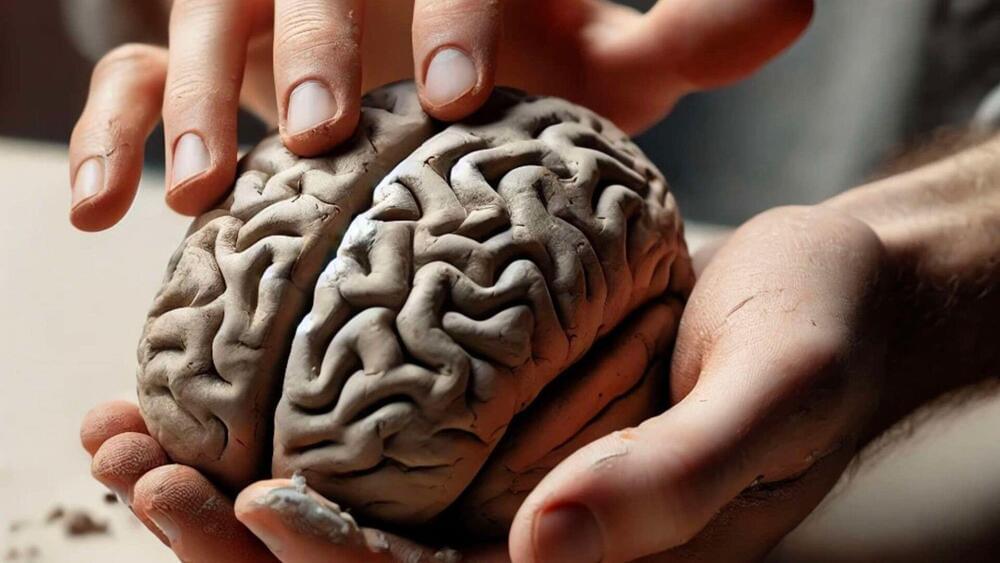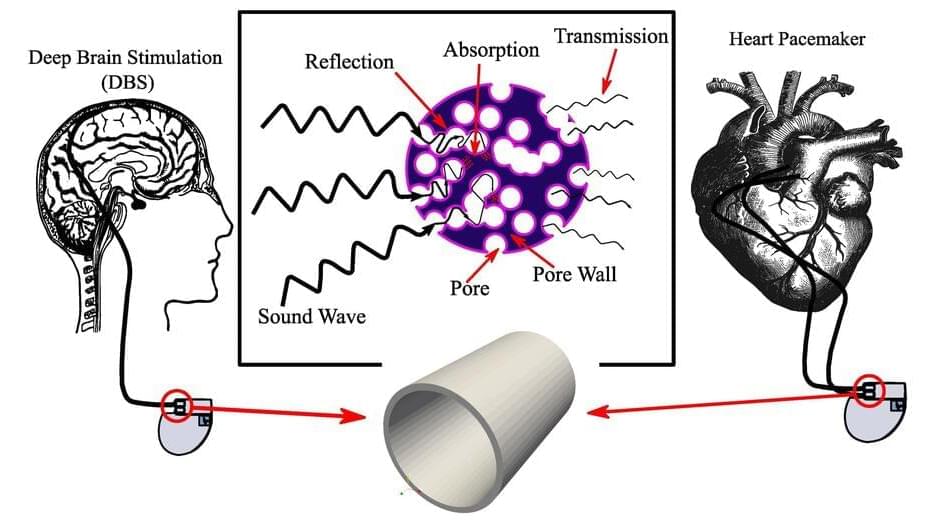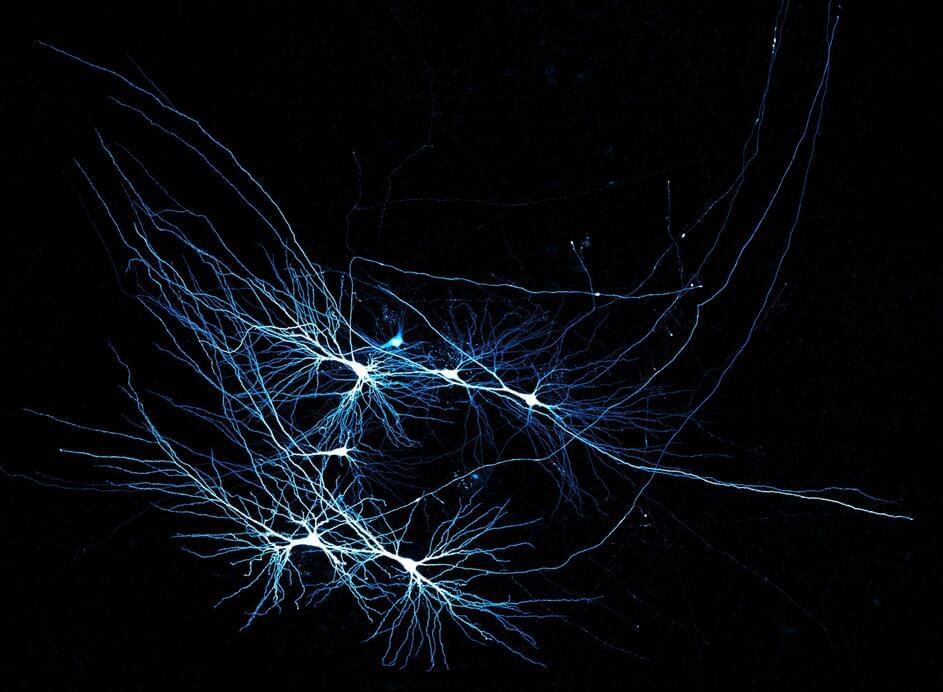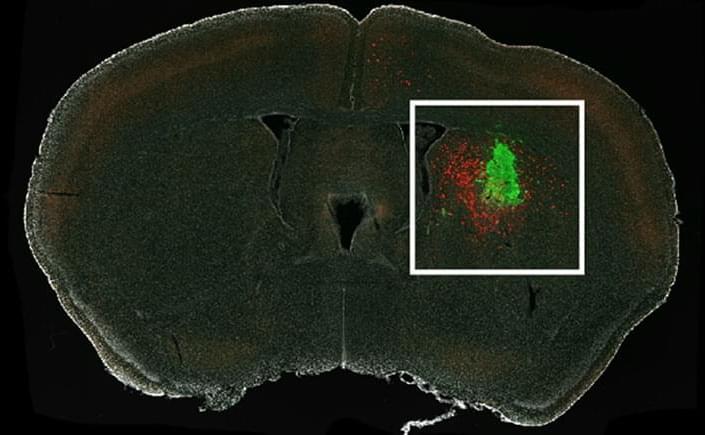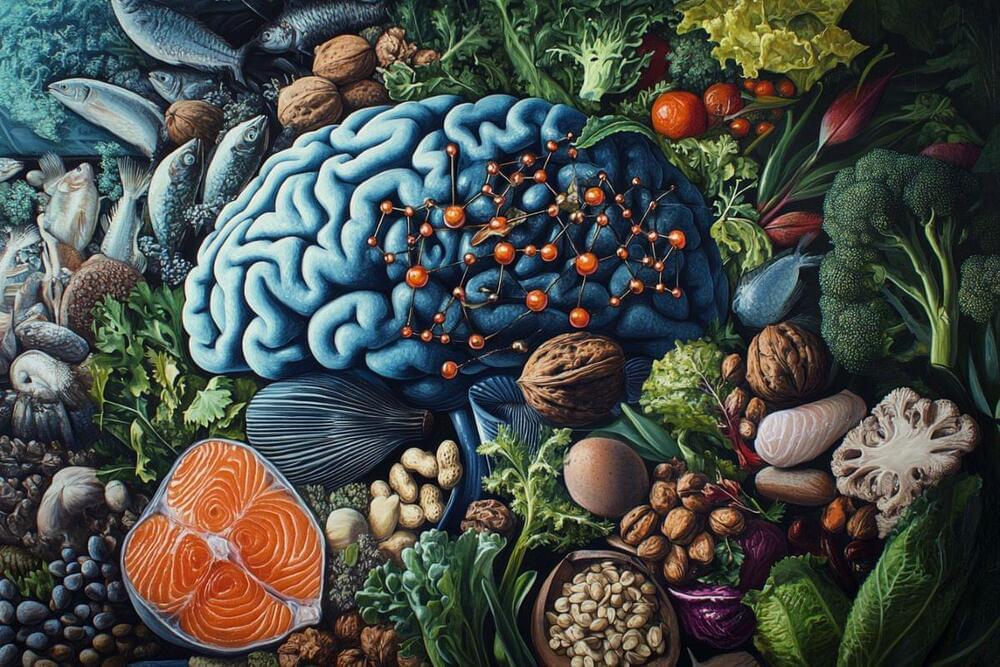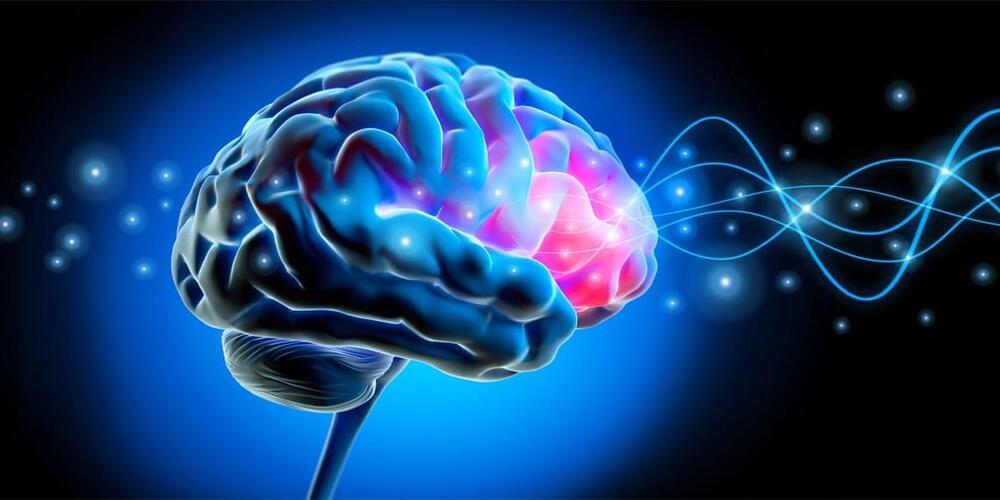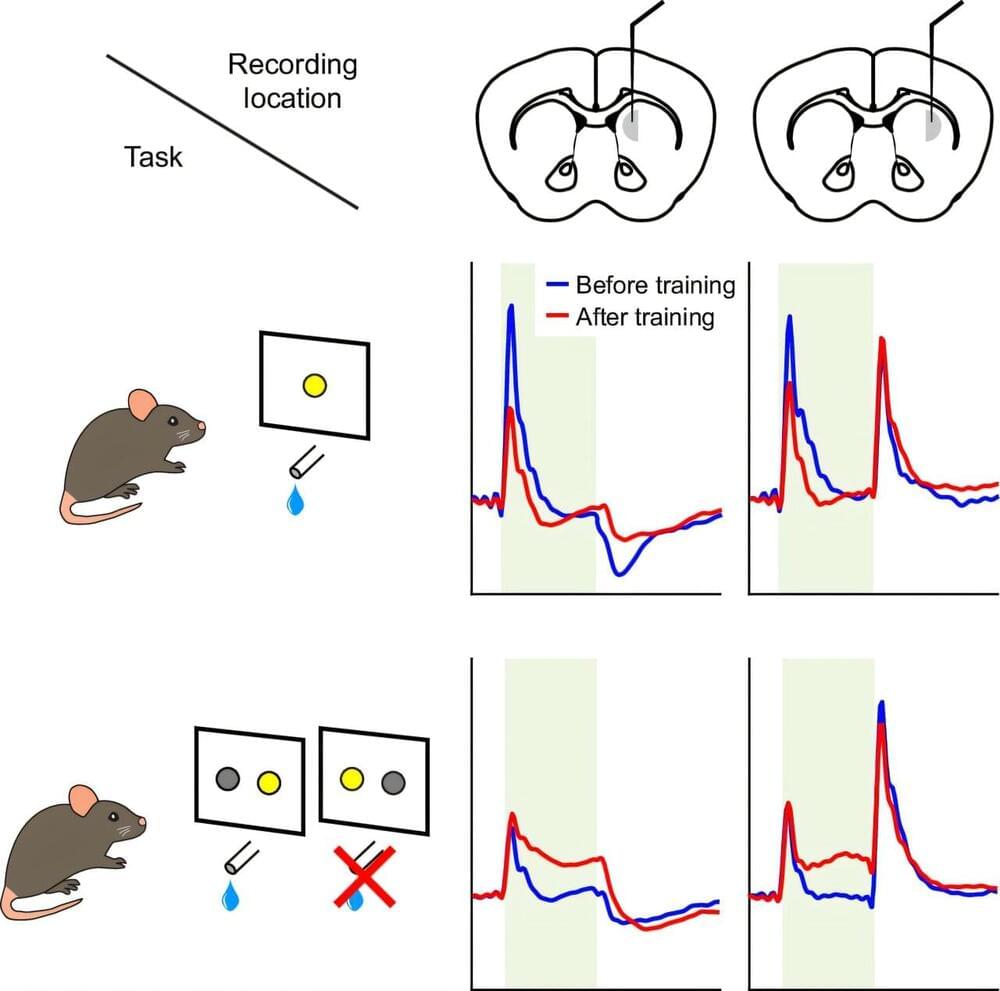New research found that the protein MANF helps cells manage toxic protein clumps, improving cellular health and potentially aiding treatments for age-related diseases like Alzheimer’s and Parkinson’s.
Researchers at McMaster University have uncovered a previously unidentified cell-protective role of a protein, potentially paving the way for new treatments for age-related diseases and promoting healthier aging.
The team has found that a class of protective proteins known as MANF plays a role in the process that keep cells efficient and working well.

